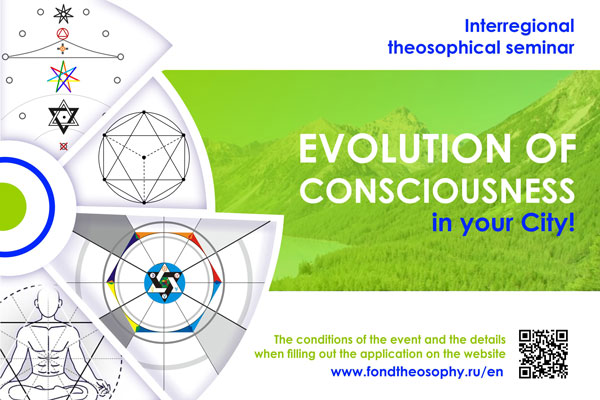Albert Einstein
Albert Einstein (German: Albert Einstein, IPA; March 14, 1879, Ulm, Kingdom of Württemberg - April 18, 1955, Princeton, New Jersey) - theoretical physicist, one of the founders of modern theoretical physics, Nobel laureate in physics in 1921, public humanist activist. He lived in Germany (1879–1893, 1914–1933), Switzerland (1893–1914) and the USA (1933–1955). Honorary Doctor of about 20 leading universities in the world, a member of many Acade-mies of Sciences, including a foreign honorary member of the USSR Academy of Sciences (1926).
Einstein is the author of more than 300 scientific papers in physics, as well as about 150 books and articles in the field of history and philosophy of science, journalism, etc. He developed several significant physical theories:
- Special Theory of Relativity (1905).
- General Theory of Relativity (1907-1916).
- Quantum theory of the photoelectric effect.
- Quantum theory of heat capacity.
- Quantum Bose - Einstein statistics.
- The statistical theory of Brownian motion, which laid the foundations of the theory of fluctuations.
- Theory of induced radiation.
- The theory of light scattering on thermodynamic fluctuations in a medium.
He also predicted gravitational waves and "quantum teleportation", predicted and measured the gyromagnetic effect of Einstein - de Haas. Since 1933 he worked on the problems of cosmology and a unified field theory. He actively opposed the war, against the use of nuclear weapons, for humanism, respect for human rights, mutual understanding between peoples.
Einstein has a decisive role in the popularization and introduction of new physical concepts and theories into scientific circulation. First of all, this refers to a revision of the understanding of the physical essence of space and time and to the construction of a new theory of gravitation instead of Newtonian. Einstein, along with Planck, laid the foundations of quantum theory. These concepts, repeatedly confirmed by experiments, form the foundation of modern physics.













